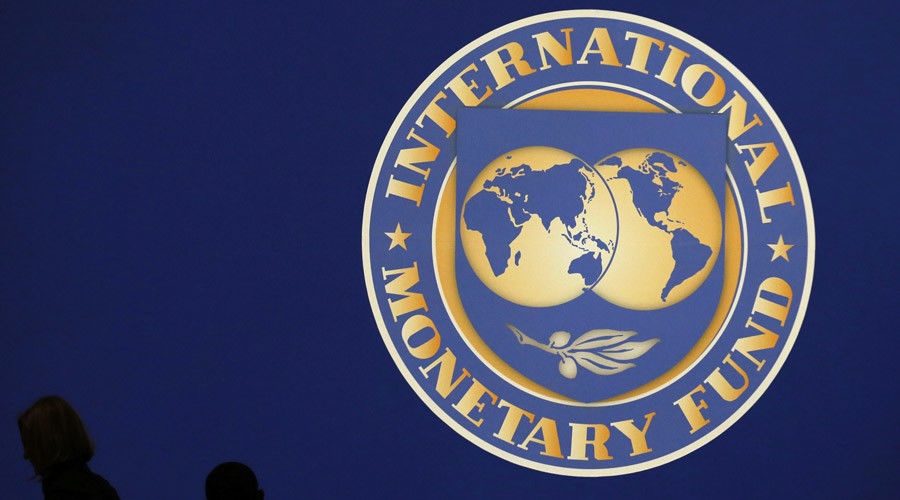
The IMF’s chief press agent, Thomas C. Dawson, responded to your April 19 editorial “Lopsided Growth” with an incomplete and at best misleading Letter to the Editor (April 28). Mr. Dawson failed to address the editorial’s principal accusations, namely that “the IMF’s currency management advice has often compounded the problems of poor nations” and that the Asian crisis illustrates that point. Unfortunately, the editorial failed to present evidence to support its claim.
The Thai baht collapsed on July 2, 1997, and South East Asia entered an economic maelstrom. It wasn’t long before the IMF came to the rescue with an alleged elixir, floating exchange rates. With the exception of Hong Kong, which has a currency board-like system and a fixed exchange rate, all the countries in the region allowed their currencies to float. And float they did-downward! From the end of 1996 through December of 1999, the Indonesian rupiah lost slightly more than 66% of its value relative to the greenback. The other floaters also suffered large devaluations. They ranged from almost 26% in South Korea to about 33.5% in Malaysia.
The devastation wrought by these devaluations can be measured by the change in GDP per capita measured in dollars. Over the 1996-1999 period, the damage was greatest in Indonesia (-35.5%), the country with the largest devaluation, and least in South Korea (-18.4%), where devaluation was smallest. Not a pretty picture.
That’s not all. Devaluations disproportionately hurt the poor. In Indonesia, for example, the price increases that followed the massive devaluation of the rupiah hit the very poor the hardest, particularly those in urban areas. This little-known face runs contrary to the conventional wisdom that the poor are so destitute that they are insulated from devaluation shocks.
What about Hong Kong, the outlier? Hong Kong, with its currency board-like system, did not devalue the Hong Kong dollar. In consequence, it was able to mitigate the storm damage. In the 1996-199 period, its GDP per capita fell by much less than its neighbors (-5.6%).
If that omission wasn’t bad enough, Mr. Dawson confuses readers by invoking this year’s Nobel Laureate, Robert Mundell and his work on the “impossible trinity.” What Mr. Dawson skips over are Mr. Mundell’s conclusions. Mr. Mundell has repeatedly advocated currency boards and fixed exchange rates, not floating rates, for today’s emerging market countries (“Threat to Prosperity,” The Wall Street Journal, March 30), contrary to Mr. Dawson’s implications.
This is all par for the course. The IMF always has it right, even when things go wrong, as they often do. In this regard, the IMF has much in common with the pedantic Prussian Gen. Phull. In the service of the Russian Tsar in 1812, he would have won all of his lost battles if only the troops had followed his strategy and tactics. Gen. Phull’s fast and loose reasoning was immortalized by Tolstoy in “War and Peace.” Mr. Dawson also has a mission-to justify the IMF-but he should refrain from intellectual dishonesty.
Author Steve H. Hanke

0 responses on "The IMF’s Disastrous Elixir"